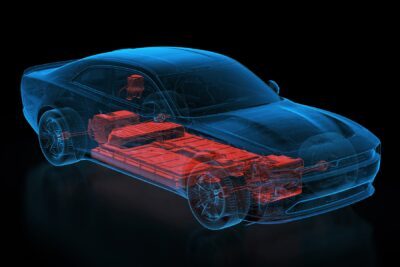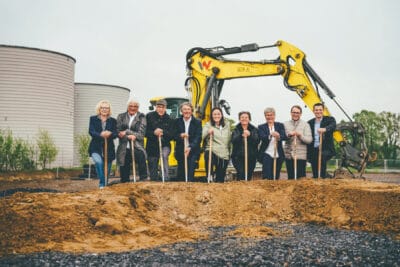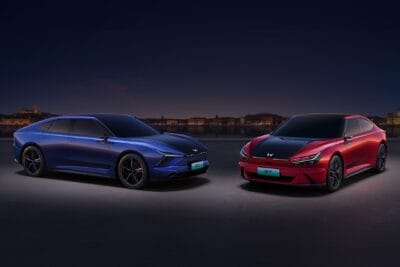Norway will become home to 32 GWh battery cell plant
The newly founded Norwegian company Morrow Batteries plans to build a battery cell factory for electric cars. In the final stage of expansion, the factory will have a capacity of 32 GWh. The first of the four planned expansion stages, each with 8 GWh, should be completed in 2024.
European battery cell production, currently in the process of trying to come into being, will be joined by a new player: Morrow Batteries has just announced its intention to build a cell factory and research centre in Agder in southern Norway. The location has been deliberately chosen to be as close as possible to Europe’s automotive nations. The main focus will be on the production of battery cells for electric cars made on the continent. According to the initiators, work at the site will begin in 2021. The project is supported by funds from the EU research programme Horizon 2020, among others.
Initially, Morrow Batteries intends to manufacture cells based on existing technologies, after which “next-generation battery cell technology” will then be used in the further expansion stages of the plant. The talk is of the development and industrialisation of novel lithium-sulfur battery cells.
An alliance of several Norwegian players backs the new battery company. The owners of the new company are the Norwegian energy group Agder Energi and the major entrepreneur Bjørn Rune Gjelstens, who owns the waste management company Noah AS, among others. The environmental organisation Bellona is also described as the initiator and founder. Other partners in the project include the research institute SINTEF, the business development company Innovation Norway, the so-called Eyde-Cluster and several raw material suppliers.
Morrow Batteries wants to benefit from the upcoming boom in the electric car industry and at the same time prove that battery cell production can be a sustainable industry. “We need to build up alternative industries to oil and gas, and be able to take a green shift,” says Terje Andersen, CEO of Morrow Batteries, in a media report. In Agder, the initiators of the project have access to energy from hydroelectric power, among other sources. For the lithium-sulfur battery cells, Morrow Batteries also intends to use waste materials from the Norwegian oil industry in the future. The value chain is to be explicitly different from those in Asia.
If the company succeeds in conquering 2.5 per cent of the European market for battery cells, around 10,000 new jobs could be created in Norway, according to the SINTEF research institute. There should be enough skilled workers, as the region has long been the location of several electrochemical companies. According to Agder Energi, it also has access to a network of suppliers of critical raw materials. Morrow Batteries, for example, provides “a solid basis for a quick start to mass production”, it says.
Norwegian environmental activist Frederic Hauge, head of the Bellona Foundation, which he co-founded in 1986, is the leading proponent of the company’s claim to build one of the most environmentally friendly battery cell factories in the world. “I am convinced that if we are to stop the escalating climate crisis, the world must as fast as possible secure a stable supply of energy from renewables like sun and wind,” said Hauge. “A critical factor for this stability is sustainable options for energy storage, and that is why we initiated this project.”
Norway is considered a model country for electromobility. Registration figures regularly show an electric car share above the 50 per cent mark. The Norwegian initiative to set up a battery cell factory accompanies the projects already announced by Volkswagen and Northvolt in Salzgitter and by Northvolt in Skellefteå alone. While Skellefteå is to start production in 2021 with a capacity of 32 GWh and be expanded to 40 GWh by 2024, the Salzgitter plant is expected to have a production capacity of 16 GWh by the end of 2023 and 24 GWh later. Also today, Northvolt announced a joint venture for battery recycling plant in Norway with aluminium producer Norsk Hydro.
With reporting by Cora Werwitzke
forbes.com, batteryindustry.tech, thedriven.io, ae.no (in Norwegian)




0 Comments